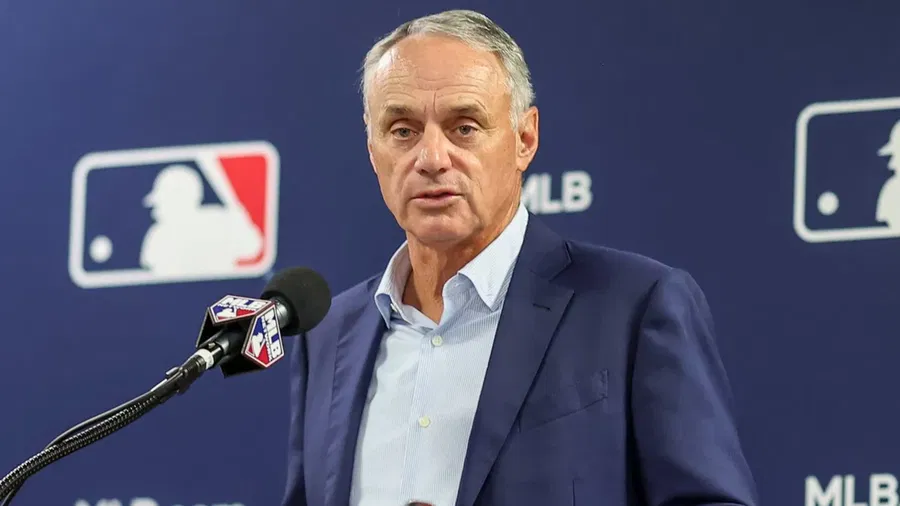
MLB’s Centralization Ambitions Stalled
Commissioner Rob Manfred envisioned a unified TV-rights package for all 30 clubs, promising bigger national deals and a modern streaming platform. But progress has ground to a halt as two of baseball’s richest franchises refuse to relinquish control.
Big-Market Teams Guard Local Thrones
The New York Yankees and Los Angeles Dodgers built billion-dollar empires on lucrative regional TV contracts. Surrendering those rights would mean ceding leverage, local branding and autonomy—assets they’re unwilling to give up, despite the league’s broader needs.
Manfred’s \$1.5 Billion Regret
After ESPN walked away from its landmark \$1.5 billion deal, MLB finds itself selling an incomplete inventory of games. Without a full slate to offer, the league can’t command premium fees, leaving Manfred’s legacy hinging on whether he can lure partners back.
ESPN Exit Sparks New Suitors
Ironically, ESPN’s departure has already attracted Apple TV+ and NBC, both eyeing marquee events like Sunday Night Baseball and the Home Run Derby. Their competing bids signal that MLB still holds sway—if only all teams would play ball.
Fragmentation vs. Unity
Baseball’s richest clubs may be hoarding billions locally, but a fragmented media landscape weakens the sport’s national footprint. For MLB to thrive in the streaming era, collective buy-in—rather than individual turf wars—will be crucial.